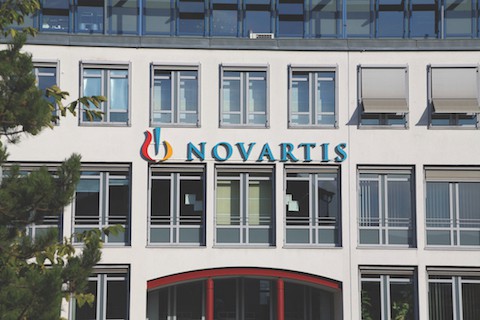
Novartis Gene Therapies and NHS England have reached a ‘landmark’ deal for Zolgensma gene therapy that gives patients with spinal muscular atrophy (SMA) access to the innovative treatment.
The list price for Zolgensma (onasemnogene abeparvovec) is £1.79m per dose, and has previously been labelled as the ‘most expensive drug in the world’.
In a statement, NHS England said that the gene therapy will be available to patients at a ‘price that is fair to taxpayers’, adding that the deal has secured the treatment at a substantial discount, that has been kept confidential.
SMA is a rare genetic disease that causes paralysis, muscle weakness and progressive loss of movement. Children born with SMA type 1 typically have a life expectancy of around two years.
Following the deal, the National Institute for Health and Care Excellence (NICE) published a draft recommendation for the gene therapy.
This recommendation advises the use of Zolgensma on the NHS for babies aged up to 12 months with SMA type 1 before they develop symptoms.
NICE has agreed a managed access agreement for Zolgensma, meaning that further data is set to be collected prior to the publication of the final guidance. According to NHS England, up to 80 patients will be able to benefit from treatment with Zolgensma each year.
The gene therapy will also be offered to young children with SMA type 1 who fall outside the recommendation criteria. The use of the potential gene therapy treatment for these patients will be discussed by a national multidisciplinary team (MDT).
“The committee concluded that Zolgensma represents an important development in treating SMA that could not only allow babies to gain important motor milestones such as independent sitting and walking, but for some babies who are diagnosed before they have symptoms, it might come close to being a cure,” said Meindert Boysen, deputy chief executive and director of the Centre for Health Technology Evaluation at NICE.
“As is the case with many new treatments for very rare diseases, limited evidence means there are uncertainties about the long-term benefits of Zolgensma.
“The collaborative effort of all involved in the evaluation has made it possible to recommend a treatment that, at its list price, is the most expensive drug NICE has ever evaluated, allowing the lives of babies who might otherwise have died before their second birthday to be transformed,” he added.
NICE currently recommends Biogen’s Spinraza (nusinersen) for certain patients with pre-symptomatic SMA and SMA types 1, 2 or 3 as part of a managed access agreement.
Spinraza was first appraised by cost effectiveness watchdog NICE in August 2018, but uncertainties about its long-term clinical benefits and its high list price led to its rejection.
The managed access agreement for Spinraza that was agreed in May 2019 means that the NHS is funding the treatment while further data is collected on its effectiveness.
This type of deal is similar to NICE’s Cancer Drugs Fund, which allows for interim fundings for promising cancer treatments – although this is currently limited to innovative therapies within the oncology therapy area.




